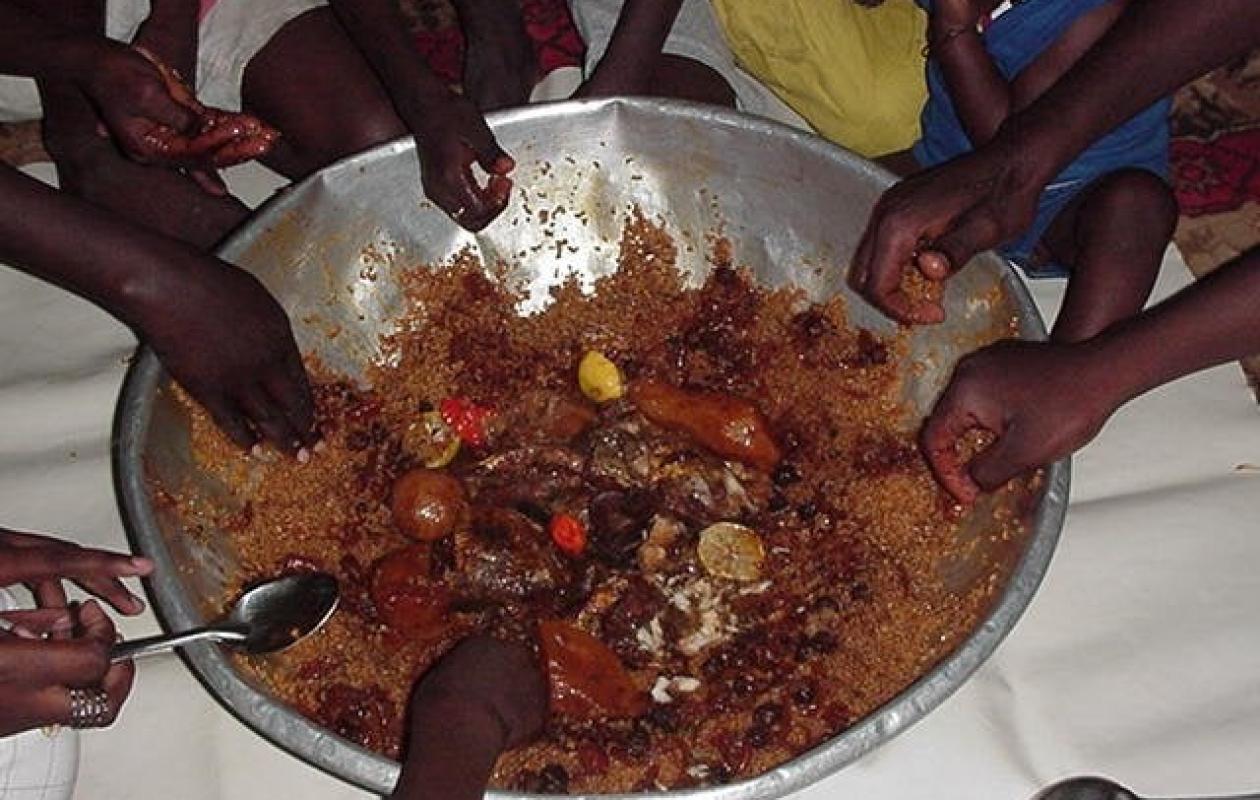
Malbouffe, excès de sel et sédentarité : Le cocktail qui menace le cœur des Sénégalais
Cardiologist Dr. Oumou Kébé Bah has sounded the alarm about new eating habits, combined with an increasingly sedentary lifestyle. They are fueling a veritable "silent epidemic" of cardiovascular disease in Senegal, she said, when asked about the issue on the pretext of World Heart Day. Indeed, worldwide, cardiovascular diseases cause more than 18 million deaths each year, far ahead of cancer or other more high-profile pathologies. In Senegal, they represent 22% of non-communicable diseases according to the STEPS 2024 survey. Hypertension, heart attacks, strokes, and even heart failure are gaining ground, often without patients realizing it. "The heart is the engine of life. But today, it is put to the test by our plates and our behaviors," warns the specialist.
Ten times too much salt on the plate
While fats and processed foods pose a problem, it's excess salt that's particularly worrying. International recommendations set the maximum intake at 3.5g per day. But in Senegal, it sometimes reaches 36g/day. This excess salt intake promotes hypertension, the leading cause of cardiovascular disease in the country, according to Ms. Ba. She considers the findings alarming. "Out of 10 hypertensive patients, 7 are unaware of their condition. Of the 3 who are informed, only one is properly following treatment, which is often poorly controlled. It's a real time bomb," insisted Dr. Kébé Bah.
Junk food, from childhood, Stress and isolation: Other enemies of the heart
Exposure begins very early. Snacks of chips, cookies, sugary drinks, and processed juices are increasingly replacing fruits and vegetables, which have become inaccessible for many families. Adding to this unbalanced diet are physical inactivity and omnipresent screens. "We are creating a generation of adults weakened by obesity and a sedentary lifestyle," worries the cardiologist. The impact is already visible: heart attacks and strokes sometimes strike as early as 30, taking the lives of adults in their prime, the economic and social pillars of families. Alongside junk food, other threats amplify the risk: smoking, sleep apnea disorders, and especially chronic stress. "Stress, once occasional, has become permanent. In the same family, everyone is glued to their phone, physically present but emotionally absent. This climate of isolation fuels a vicious cycle for the heart," analyzes the specialist.
Prevent to save lives
Faced with this situation, prevention remains the best weapon. This involves a balanced diet, low in salt and processed foods. In addition, regular physical activity, smoking cessation, and limiting alcohol consumption are essential, as well as early treatment of angina to prevent heart valve disease, and systematic screening for hypertension and cholesterol. But Dr. Kébé Bah emphasizes that individual action is not enough: universal health coverage must be strengthened, non-communicable diseases must be integrated into primary care, and genuine awareness campaigns must be conducted. "Cardiovascular diseases don't get much media attention, but they cause massive and premature deaths. The fight must begin today," she concludes.
Commentaires (6)
Ndakh Pénda Mbaye Toggouko
Participer à la Discussion
Règles de la communauté :
💡 Astuce : Utilisez des emojis depuis votre téléphone ou le module emoji ci-dessous. Cliquez sur GIF pour ajouter un GIF animé. Collez un lien X/Twitter, TikTok ou Instagram pour l'afficher automatiquement.